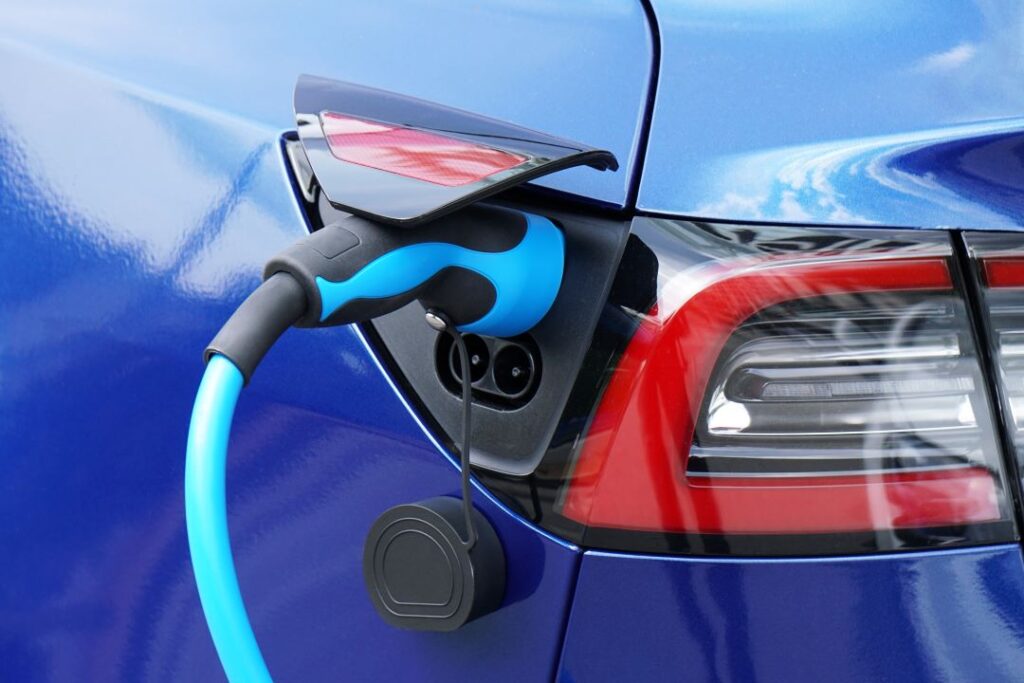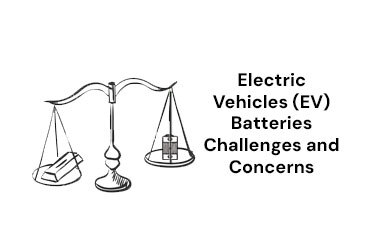Table of Contents
Decoding the Challenges of EV Batteries
While electric vehicles (EVs) offer numerous benefits, such as reduced emissions and improved energy efficiency, there are several challenges and concerns related to electric vehicle batteries.
Key Challenges
Cost Concerns
The cost of electric vehicle batteries remains a significant challenge. The high battery manufacturing cost contributes to the overall higher upfront cost of EVs than conventional internal combustion engine vehicles. However, battery costs have been declining over the years and are expected to continue to decrease as technology advances and economies of scale are achieved.
Confronting Range Anxiety
Range anxiety refers to the fear or concern among EV drivers about running out of battery charge and being stranded. The limited driving range concerns some potential EV buyers, particularly in regions with inadequate charging infrastructure. However, advances in battery technology are gradually improving the driving range of EVs, alleviating range anxiety to some extent.
Charging Infrastructure Dilemma
The availability and accessibility of charging infrastructure is crucial for the widespread adoption of EVs. The current charging infrastructure is less extensive than conventional refuelling stations, which can deter potential EV buyers. Developing a robust and widespread charging network is essential to support long-distance travel and ensure convenient charging options for EV owners.

Time-Consuming Charging Process
Charging time is another concern for EV owners. Compared to the quick refuelling of conventional vehicles, the charging process for EVs typically takes longer. While technology advancements have resulted in faster charging options, including high-power chargers, reducing charging time further remains a challenge.
Longevity and Environmental Impact
Battery Life and Durability
Battery life and durability are important considerations for EV owners. Over time, the capacity and performance of batteries degrade, impacting the vehicle’s driving range. Ensuring that EV batteries have a long lifespan and can withstand various weather conditions and usage patterns is crucial to maintaining customer satisfaction and reducing the need for frequent battery replacements.
Environmental Implications
The environmental impact of battery production, use, and disposal is another concern. The mining and extracting raw materials for battery production, such as lithium and cobalt, can have environmental and social implications. Additionally, proper end-of-life management of batteries is crucial to prevent pollution and maximize recycling and reuse.
Recycling and Second-Life Opportunities
As the number of EV batteries reaching the end of their useful life increases, effective recycling and second-life use become important challenges. Developing efficient and sustainable processes for battery recycling is essential to recover valuable materials and minimize waste. Additionally, exploring opportunities for repurposing used EV batteries for energy storage applications can extend their useful life and reduce environmental impact.
Way Forward
Addressing these challenges and concerns requires continued research and development in battery technology, infrastructure expansion, policy support, and collaborations between automakers, battery manufacturers, and governments. As the industry progresses, advancements in battery technology and supportive measures are expected to help overcome these challenges, making electric vehicles even more viable and sustainable.
At Renovar, we work with you to tackle environmental impact challenges and Recycling and Second Life usage. We closely collaborate with vehicle manufacturers (OEMs) and battery manufacturers to better understand the battery chemistry. While our battery specialists devise a strategy for the second life usage of batteries based on their condition, our environmental team properly recycle spent batteries in our advanced recycling facilities.
You can contact us here if you want to sell your used batteries or know more about our technology-based solution.
FAQ
Why are electric vehicle batteries expensive?
Manufacturing expenses influence electric vehicle battery costs, but ongoing advancements are driving down costs over time.
How is range anxiety being addressed for electric vehicle drivers?
Evolving battery technology is gradually extending the driving range of electric vehicles, alleviating range anxiety concerns.
Why is charging infrastructure crucial for electric vehicle adoption?
A robust charging network is essential for convenient charging options and long-distance travel support, promoting widespread electric vehicle adoption.
How does the charging time for electric vehicles compare to conventional vehicles?
While charging time for electric vehicles is longer than conventional refuelling, ongoing technology advancements aim to reduce charging times.
What efforts are made to minimize the environmental impact of electric vehicle batteries?
The industry focuses on sustainable practices, including efficient recycling and exploring second-life usage, to minimize the environmental impact of electric vehicle batteries.


